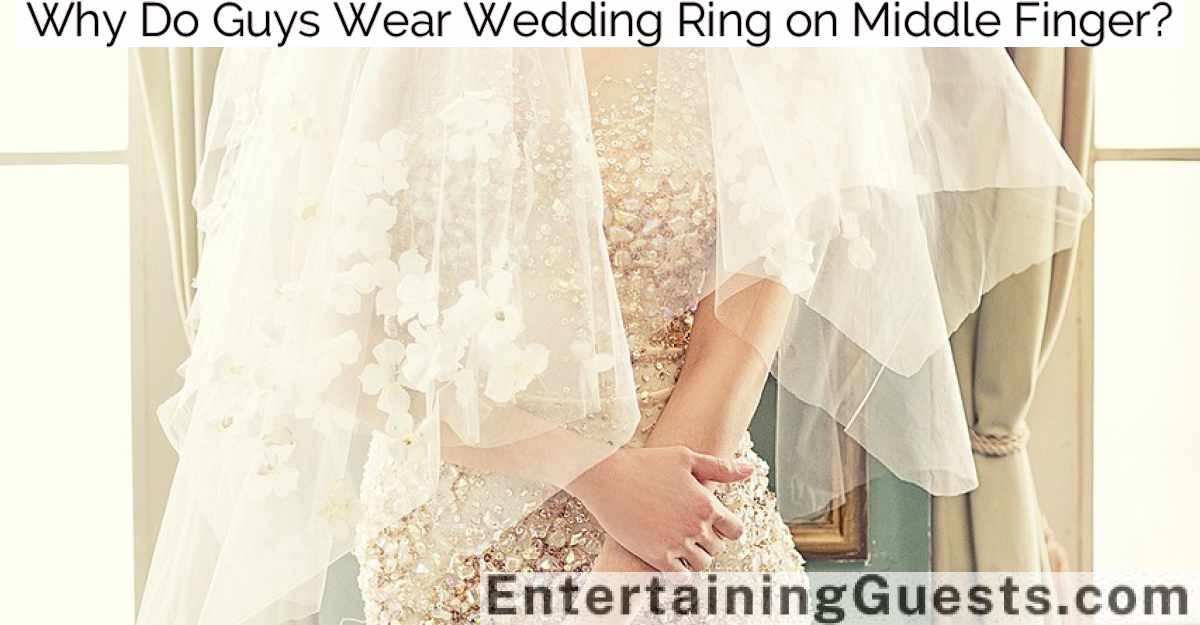Yes, Muslims do wear wedding bands, though practices vary widely depending on regional traditions and the interpretations of Islamic law. Typically, Muslim men are discouraged from wearing gold rings, as suggested by Hadith teachings, opting instead for silver bands.
Women, on the other hand, commonly receive gold rings, which are part of their wedding jewelry, reflecting both cultural and religious significance.
The selection and style of wedding bands incorporate personalized aspects that represent the couple’s unique identities and the spiritual dimensions of their marriage.
Modern trends and traditional values often blend in the choice of wedding bands among Muslims.
Understanding Islamic Marriage Customs
Islamic marriage customs, rooted in deep religious and cultural traditions, play a pivotal role in the union of a couple. These customs, which vary widely across different cultures within the Islamic world, are guided by principles laid out in the Quran and Hadith.
Central to Islamic marriages is the Nikah ceremony, a contractual agreement between the bride and groom. This contract isn’t merely a legal formality but a sacred pact that outlines the rights and responsibilities of both partners.
The process begins with a proposal, a mutual agreement followed by a public announcement, which underscores the community’s role in acknowledging and supporting the marriage. The Nikah is conducted by a religious official and includes the Ijab-e-Qubul, or offer and acceptance, where the bride and groom express their consent.
The ceremony often features a sermon using Quranic verses and Hadiths to remind the couple of their duties in marriage.
Dowries, or mahr, are also pivotal in Islamic marriages. This financial gift from the groom to the bride symbolizes commitment and is her exclusive property.
Islamic law emphasizes that marriages should be entered into with clear intentions and mutual respect, which is reflected in these rich traditions.
The Role of Jewelry in Islam
Jewelry holds a varied significance in the daily lives of many Muslims, reflecting both personal taste and deeper cultural and religious meanings. In Islamic tradition, the use of jewelry isn’t merely decorative but carries religious and ethical implications. Scholars often refer to the Prophet Muhammad’s modest use of adornments to guide appropriate behavior regarding jewelry.
For instance, men are generally discouraged from wearing gold, a prohibition rooted in the Hadiths, which are sayings and actions of the Prophet Muhammad.
The materials and motifs used in Islamic jewelry also serve as expressions of faith. Silver, for example, is commonly used by Muslim men due to its permissibility and modesty. Women, on the other hand, may wear gold, which is often gifted as mahr (dowry) during Islamic marriages, symbolizing financial security.
The engravings on Islamic jewelry frequently feature calligraphy, particularly phrases from the Quran, which adds a spiritual dimension to the adornments.
Furthermore, jewelry in Islam isn’t just about personal or aesthetic appeal; it’s also an economic asset. It’s often used as a form of zakaat (charitable giving), where Muslims are required to donate a portion of their wealth, including jewelry, to assist those in need, thereby intertwining adornment with philanthropy.
Regional Variations in Wedding Practices
While the use of jewelry in Islamic weddings underscores deeper cultural and religious meanings, the actual wedding practices can vary considerably across different regions.
In the Middle East, for instance, it’s common to see elaborate gold jewelry playing a central role in the ceremony. This contrasts with South Asian Muslim weddings, where both gold and intricate silver jewelry, often embedded with precious stones, are prevalent.
In Indonesia and Malaysia, Muslim wedding customs integrate local traditions with Islamic rites, which is evident in the less ostentatious use of jewelry. Here, more emphasis is placed on handcrafted accessories that embody cultural heritage rather than just religious symbolism.
Furthermore, in regions like North Africa, the integration of Islamic practices with indigenous Berber customs can be observed. Jewelry here often carries symbolic motifs and is part of the bridal dowry, reflecting the intertwined cultural and religious identities.
These variations not only highlight the flexibility and adaptability of Islamic rites to regional cultures but also underscore the rich tapestry of practices that define Muslim weddings globally.
Each tradition brings its own unique interpretation and significance to the use of jewelry, revealing the diverse yet unified nature of the Muslim world.
Contemporary Trends Among Muslim Couples
Contemporary trends among Muslim couples reflect a dynamic blend of modern values and traditional practices. As societies evolve, many Muslim couples are integrating contemporary elements into their matrimonial ceremonies while respecting the rich, diverse heritages that characterize the Islamic world. This synthesis is evident in their choice of wedding attire, celebration styles, and even in the nuanced adoption of technology for wedding planning and execution.
Increasingly, couples are personalizing their weddings to reflect their unique identities. This includes the incorporation of various cultural elements that may not traditionally be part of Islamic weddings but have become significant through cultural exchanges. For example, elaborate photo shoots and destination weddings are becoming popular among young Muslim couples seeking to commemorate their union in distinctive ways.
Moreover, social media platforms are playing an essential role in shaping contemporary Muslim matrimonial practices. Platforms like Instagram and Facebook not only offer inspiration but also serve as tools for sharing these momentous occasions with a broader community.
This trend highlights a shift toward more open and expansive celebrations, which, while incorporating global influences, still honor the foundational values of faith and family unity that are central to Islamic marital ceremonies.
Religious Interpretations and Wedding Rings
Islamic teachings’ stance on wedding bands varies, reflecting diverse interpretations across different schools of thought. In many Islamic cultures, the use of jewelry, including wedding rings, is permissible if it adheres to principles of modesty and isn’t extravagant.
Sunni Islam, for instance, generally accepts wedding rings for both men and women as symbols of love and commitment, provided they don’t carry symbols of other faiths.
Contrastingly, in some Shia communities, men are discouraged from wearing gold rings, aligning with the Hadiths that prohibit men from wearing gold. However, they may wear rings made from other materials, such as silver.
This distinction highlights the dynamic nature of Islamic jurisprudence, which allows for contextual interpretations based on the Quran, Hadith, and local customs.
Scholars often emphasize that while wedding rings aren’t mandated by Islamic law, their exchange can serve as a cultural practice that doesn’t contradict Islamic principles, as long as it remains free from ostentation and excess.
They advocate that the intention behind the act, rather than the act itself, often holds greater spiritual significance. Consequently, the acceptance of wedding rings in Islamic marriages can be seen as a harmonious blend of religious doctrine and cultural identity.
Conclusion
To sum up, while Islamic marriage customs vary widely across regions, the use of wedding bands is not universally mandated by Islamic law but has been adopted by many Muslim couples influenced by regional and cultural practices. Contemporary trends show a growing acceptance of jewelry, including wedding rings, reflecting a blend of traditional Islamic values with global cultural exchanges. Scholars note that these adaptations are respectful of Islamic principles while embracing diverse expressions of love and commitment.







